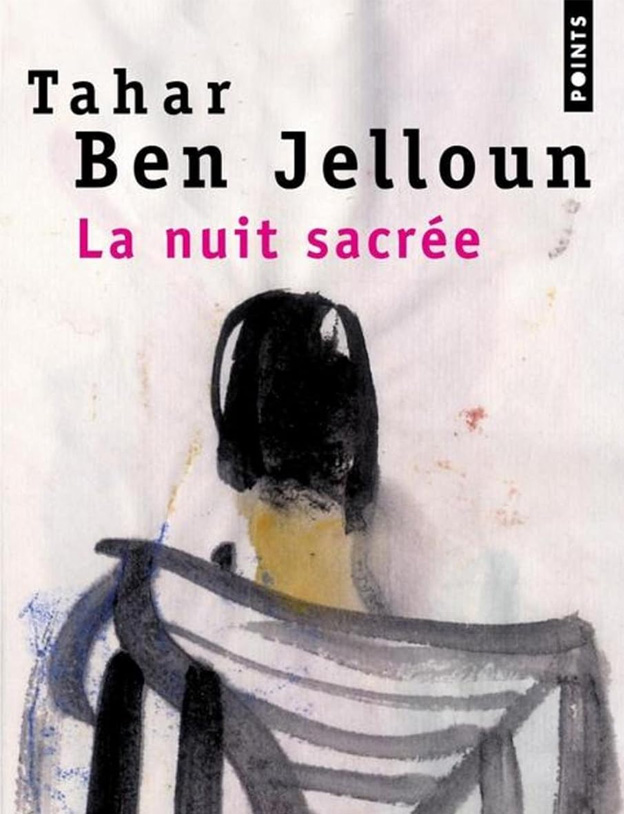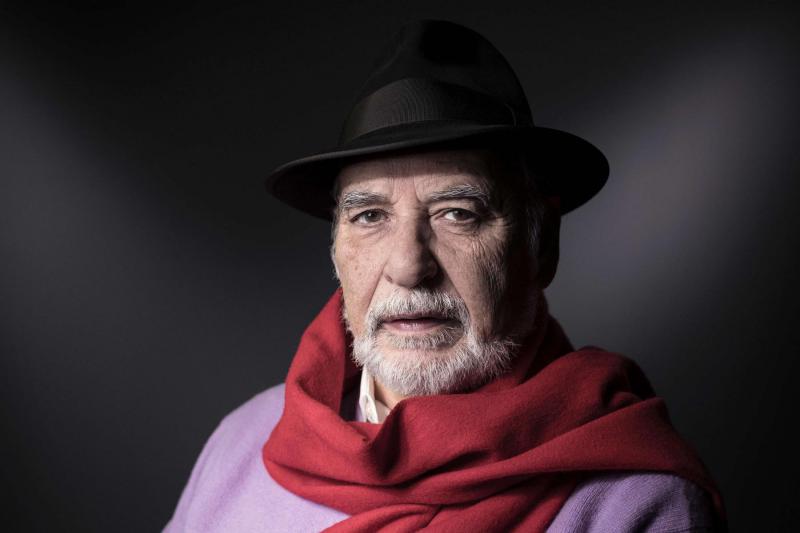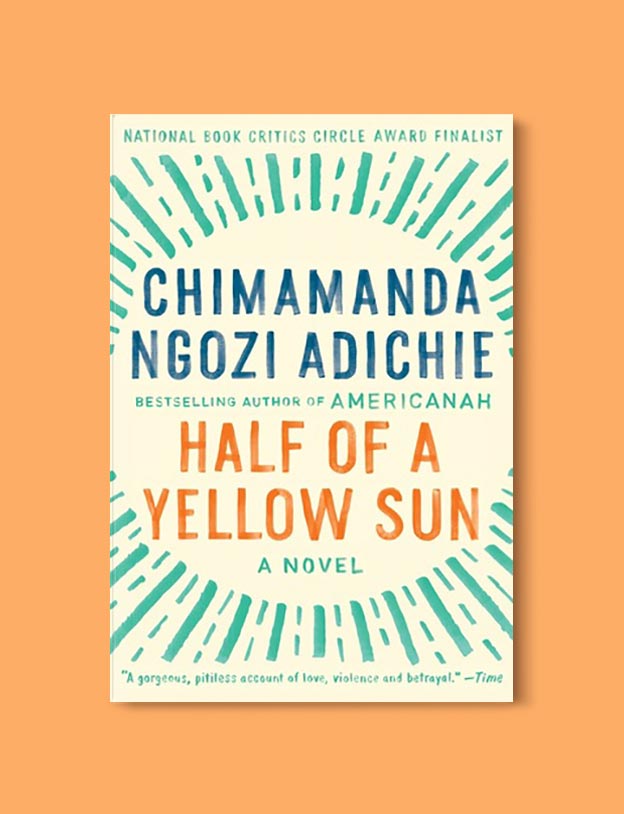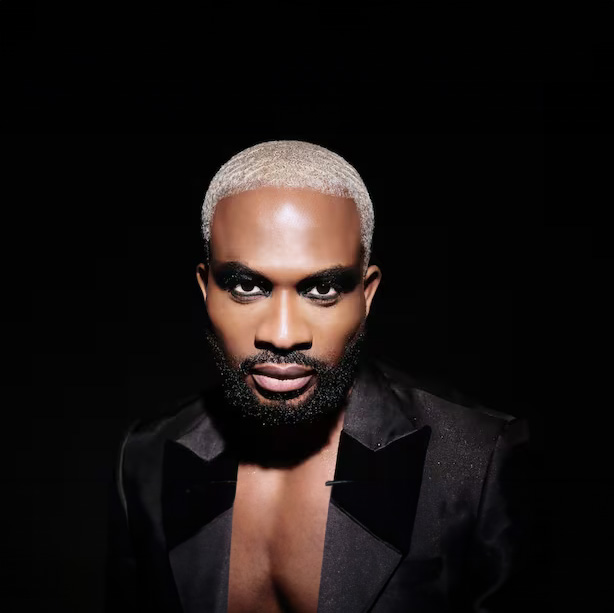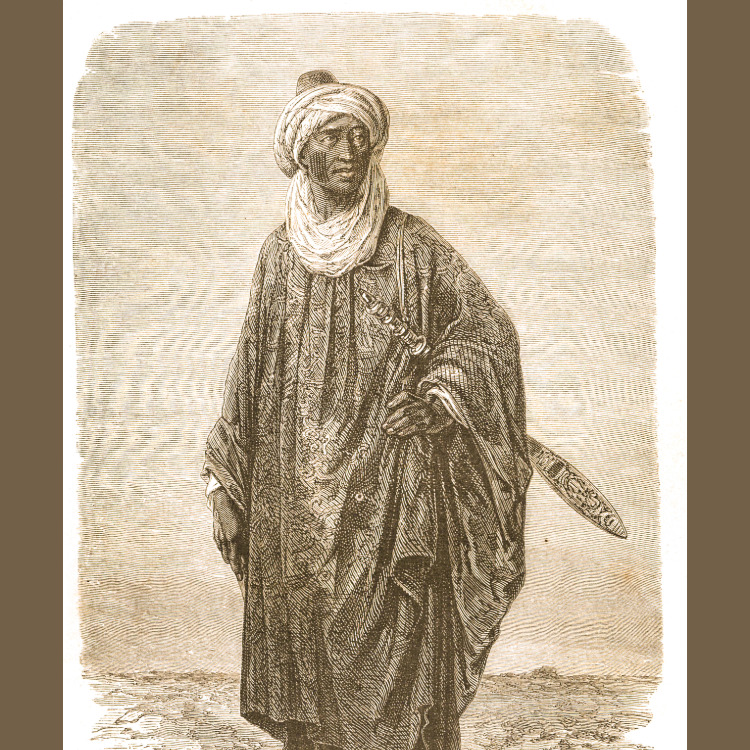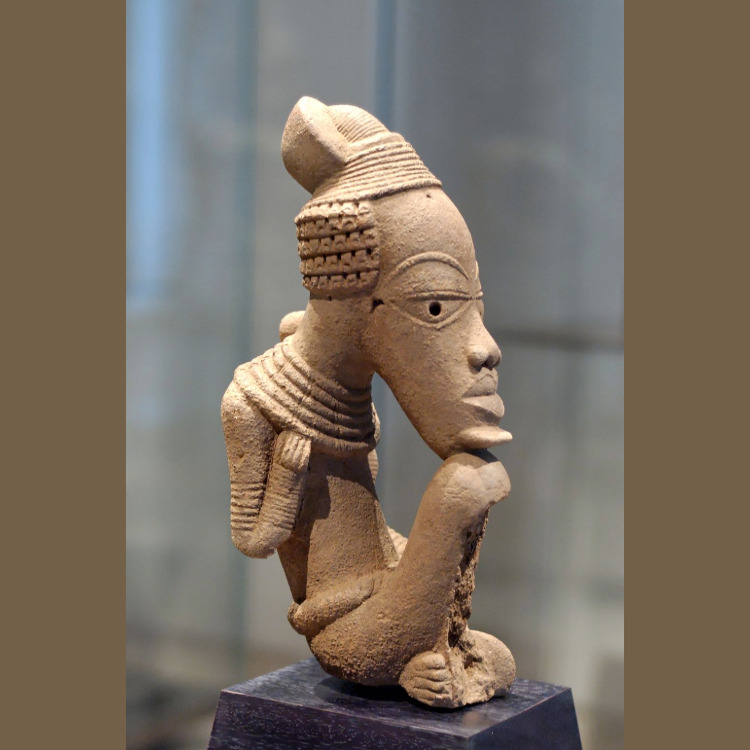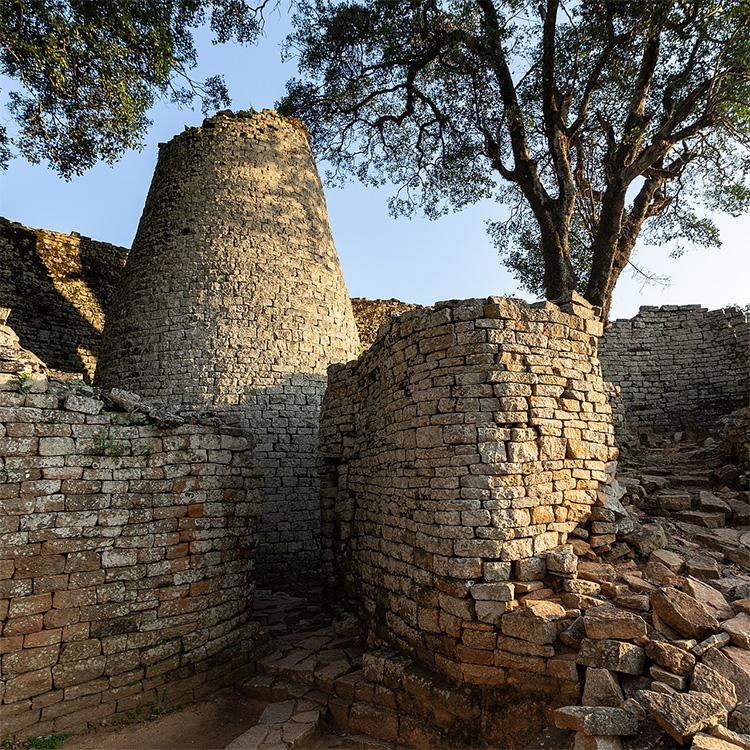La nuit sacrée – Tahar Ben Jelloun
Plot Summary
La nuit sacrée is the continuation of another book called L’Enfant de sable (The Sand Child). Both are like two halves of the same journey.
The story is about a girl who was forced to live her life as a boy. Her father, who wanted a son at all costs, declared she would be raised as a man. From childhood, her real identity was hidden, and her freedom stolen. This made her whole life complicated, because on the outside she lived as Ahmed (a man), but inside she was still a woman.
In La nuit sacrée, the mask finally comes off. The main character, now an adult, embraces her true self and chooses to live openly as a woman. But this choice is not simple, it brings pain, rejection, and danger. Society doesn’t easily forgive such a break from tradition.
About the Author
Tahar Ben Jelloun was born in 1944 in Fès, Morocco, one of the oldest and most beautiful cities in North Africa. He first studied philosophy and even taught it for a short time in Morocco. But when philosophy classes in Arabic were banned, he moved to France to continue his studies and build a career.
He became a novelist, poet, and essayist, writing mostly in French. His works often explore the big questions: identity, exile, racism, colonial history, and the place of Islamic culture in the modern world.
In 1987, he won the Prix Goncourt, the highest literary prize in France, for La nuit sacrée. This made him the first North African writer to win that award, which gave him international recognition.
Some of his other famous works include:
L’Enfant de sable (The Sand Child) – the first part of the story continued in La nuit sacrée.
Cette aveuglante absence de lumière (This Blinding Absence of Light) – about Moroccan prisoners enduring terrible conditions.
Racism Explained to My Daughter – a simple, direct essay where he teaches his daughter (and us) about the poison of racism.
Ben Jelloun’s style is often poetic, full of imagery, and deeply human. He doesn’t just tell stories, he raises questions about justice, truth, and freedom. He’s a bridge between Morocco and France, between Arab traditions and European modernity, and between literature and social commentary.
latest video
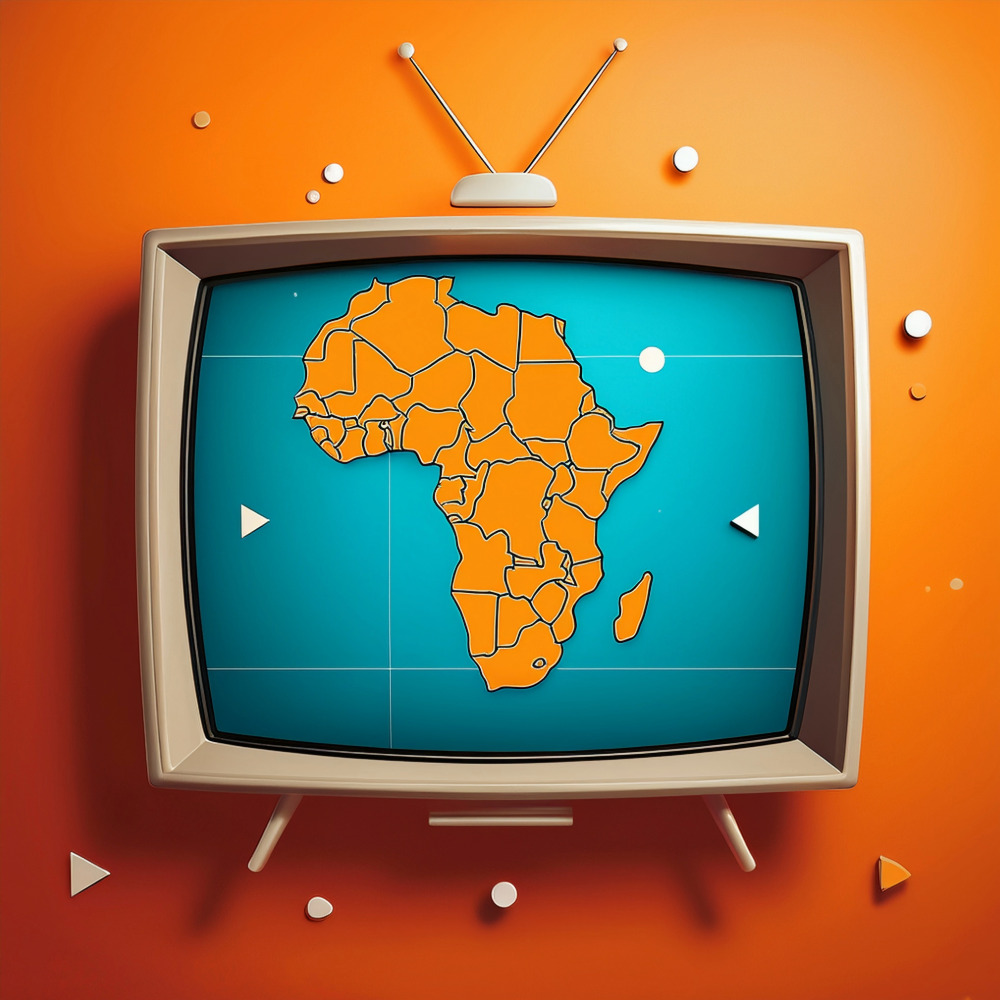
nia via inbox
Stay connected. Subscribe and get updated on what's new with Nia!

